Publications
Featured publications
-
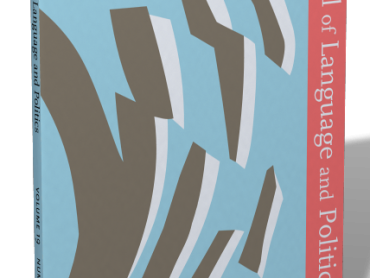
Birgit Sauer, Daniel Thiele, Iztok Šori et al.
Article / Borderless fear? How right-wing populism aligns in affectively framing migration as a security threat in Austria and Slovenia
2024 | Other publishers
The findings point to a worrying convergence of anti-migration discourse across borders and to the potential spread of a right-wing populist bloc unified by fear of migration.
-
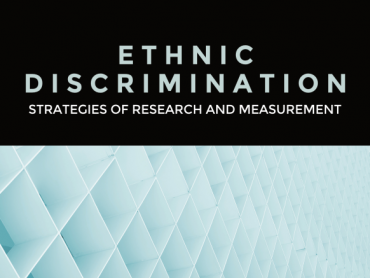
Book / Ethnic Discrimination: Strategies of Research and Measurement
2023 | Other publications
The book presents in detail and critically evaluates different ways of “measuring” ethnic discrimination, breaking new ground in the field of empirical data collection on unequal treatment as well...
-
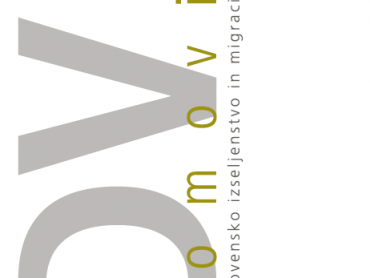
Article / Legislative and Judicial Responses to the “Refugee Crisis” in Slovenia and Austria: A Comparative Perspective
2023 | Other publishers
In the last issue of the journal ‘Dve domovini/Two Homelands’, Neža Kogovšek Šalamon compares the key normative approaches to responses to the 2015–2016 “refugee crisis” in Slovenia and Austria.
-
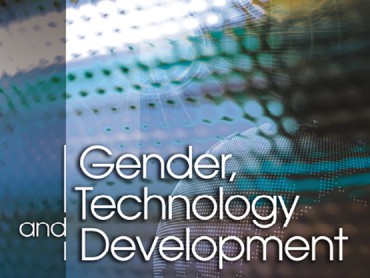
Mojca Pajnik, Rok Smrdelj (FA, UL)
Article Intersectional representation in online media discourse: reflecting anti-discrimination position in reporting on same-sex partnerships
2022 | Other publishers
Taking the example of online media reporting on same-sex partnerships in Slovenia, the authors analyze how power relations are reinforced when one type of media discourse fails to acknowledge...
-
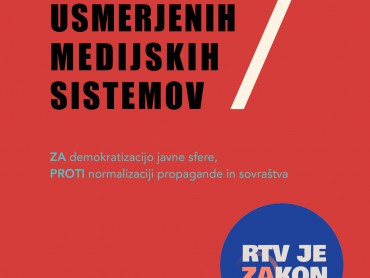
Brankica Petković, Sandra Bašić-Hrvatin
Characteristics of propaganda-oriented media systems
2022 | Other publications
A detailed presentation of how propaganda-oriented media systems work and why it is necessary to oppose them is presented in the following analysis.
-
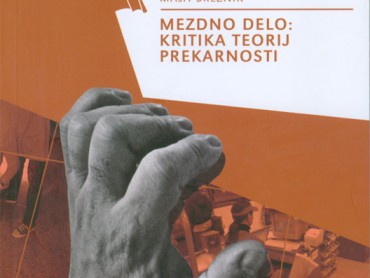
Wage work. Critique of theories of precarity
2022 | Other publishers
Extracting the concepts of class structure, co-exploitation, surplus exploitation and unfree wage labour.
-
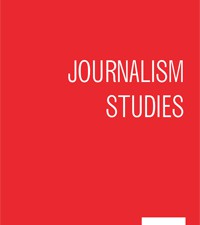
Article / Professionalizing Emotions as Reflective Engagement in Emerging Forms of Journalism
The author analyses how journalists articulate emotions as "special effects" with the potential to motivate and engage the public in the age of hybrid media.
-
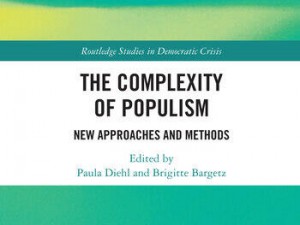
Chapter / Transformations of the Media Sphere: Amplifying Opportunity Structures for Populism
The chapter addresses the links between populism and the media by shifting the focus from understanding "media populism" as a political style to addressing structural changes in the media...
-
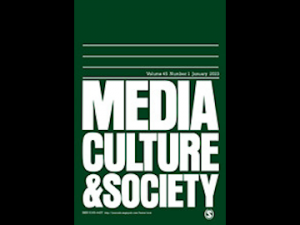
Article / Theorizing and mapping media ownership networks in authoritarian-populist contexts: a comparative analysis of Austria, Hungary, Slovenia, and Turkey
The article aims to contribute to the ongoing discussions on authoritarian populism and the media, from the lens of the political economy of ownership.
-
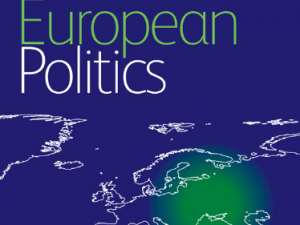
Article / Aligning populist worldviews of citizens to media preferences: peculiarities of an illiberal political context
Ajda Šulc, Mojca Pajnik, Nejc Berzelak et al.
In this article the authors look at how people’s relations to the media shape their anti-establishment, people-centrist and exclusionist populist worldviews.
-
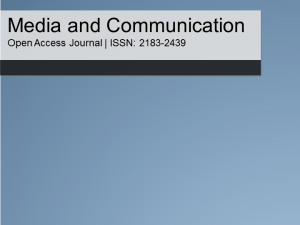
Article How Right-Wing Populist Comments Affect Online Deliberation on News Media Facebook Pages
This study focuses on debates on 10 Facebook pages of Austrian and Slovenian mass media during the so-called “refugee crisis” of 2015–2016.
-
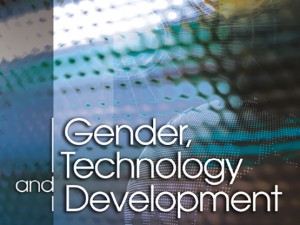
Article Intersectional representation in online media discourse: reflecting anti-discrimination position in reporting on same-sex partnerships
Mojca Pajnik, Rok Smrdelj (FA, UL)
Taking the example of online media reporting on same-sex partnerships in Slovenia, the authors analyze how power relations are reinforced when one type of media discourse fails to acknowledge...
-
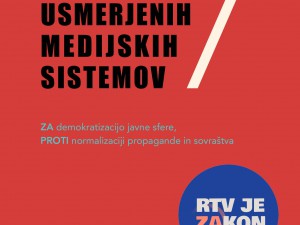
Characteristics of propaganda-oriented media systems
Brankica Petković, Sandra Bašić-Hrvatin
A detailed presentation of how propaganda-oriented media systems work and why it is necessary to oppose them is presented in the following analysis.
-
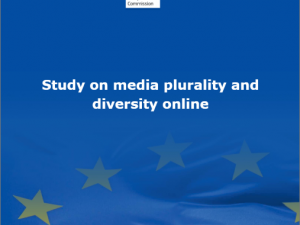
Study on Media Plurality and Diversity Online
Published by European Commission. Brankica Petković from the Peace Institute also participated in the research in collaboration with the European University Institute in Florence.
-
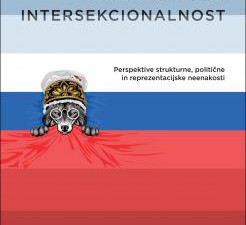
Intersectionality: Perspectives on Structural, Political and Representational Inequality
Mojca Pajnik, Roman Kuhar (FA, UL) (eds.)
The book’s focus is on the concept of intersectionality, and it examines it by analysing policies and public discourses in Slovenia over the last twenty years, i.e. during a...
-
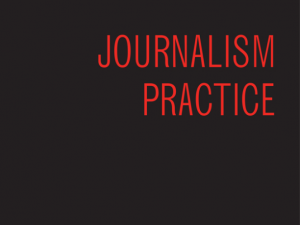
Article The Intertwining of the Covid-19 Pandemic with Democracy Backlash: Making Sense of Journalism in Crisis
This article explores how the combination of the public health crisis and the authoritarian government of Janez Janša’s Slovenian Democratic Party, along with its tendency to politically instrumentalize and...
